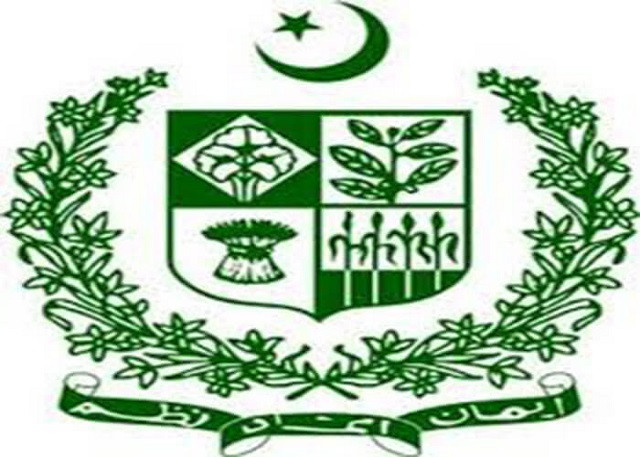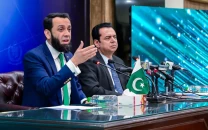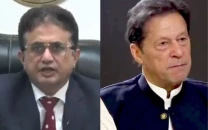Devolution: Is CCI losing its charm as the top dispute resolution body?
Documents reveal Centre trying to keep its grip on provincial matters

.PHOTO: ONLINE
The minutes and agenda items of the last four years state a clear picture of government’s “stubborn attitude in loosening its grip” on affairs that involve provinces even after eight years since devolution.
According to documents, more than a dozen issues that include oil and gas, agriculture income tax, regularisation of lady health workers, giving autonomous bodies and independent status are a few issues on which the federal government is found dragging its feet and avoiding them.
Interestingly, since its establishment, the CCI has yet to get its permanent secretariat where the provinces could take up and discuss disputes with the federal government despite constant rulings, resolutions of the Senate and Chairman Raza Rabbani.
Currently, the CCI is functioning under the Ministry of Inter-Provincial Coordination (IPC) with makeshift arrangement, understaffed having insufficient resources to run its affairs.
In July 2013, the CCI took up the matter of a permanent secretariat, but since then the name of the council, resources and location is being discussed in needless correspondence.
K-P to demand right to award oil blocks in CCI meeting
In December, the only decision a sub-committee of the CCI made was that the office should be in the Prime Minister Office -- and not with any ministry.
“We run and work like a headless chicken because we do have a proper office,” said a senior officer of the CCI who did not want to be named.
The helplessness of the Minister for IPC, Riaz Pirzada, could be judged from the fact that he even resigned from his post, citing intervention of Principal Secretary to the PM Fawad Hasan Fawad.
“I do not know why the establishment of the CCI and other matters are being delayed,” he told The Express Tribune.
The slow pace of work of the government could be gauged from the fact that the issue of sixth population and housing census was taken up for the first time in February 2014 and till 2017 it kept delaying it for one reason or the other.
At last in 2017 it agreed to hold the census, though a committee has yet to start third-party validation of the provisional results to address the reservations of provinces, especially Sindh.
In 2011, the CCI took up the summary of the Finance Division about harmonisation of the agriculture income tax policy in provinces, but despite several meetings held in 2012, 2013, 2014 and 2017, the council has yet to reach any conclusion.
“The Finance Division played and tried its role to conduct meetings at the political and bureaucratic levels, but no breakthrough could be achieved and the decision still remains to be implemented,” say the documents.
Similarly, Lady Health Workers working across the country are still facing an uncertain future despite the fact that the programme was started in 1994 but the plan to regularise them and fix pension for them is still to be considered.
When contacted, Pakistan Tehreek-e-Insaf’s lawmaker Asad Umer stated, “It is not a surprise, as the current government does not believe in institutions and all major decisions are being carried out outside parliament.”
“They are not meeting the basic requirement of holding the CCI on quarterly basis,” he said, adding, “Until the Supreme Court directed them all major decisions were being carried out without the approval of the cabinet.”
Similarly, in January 2013 it was decided that the Ministry of Railways would brief the CCI to discuss the mode of revitalisation of Pakistan Railways along the lines of Japan Railways, but despite six reminders the ministry has not responded to any of the notifications.
Another important pending issue is devising a mechanism for ‘at source’ deduction of outstanding power sector payables of the provinces.
The decision taken in 2014 where it was agreed that at source deduction of electricity relating to provincial government departments would be made at the rate of 25 percent has yet to be implemented.
“No response has been received from the Minister of Water and Power despite issuance of many reminders with last one issued on January 11, 2018,” the PTI leader said.
CCI approves Rs177.6 billion flood protection plan
Similarly, the issue of power sector reforms, restoration of the magistracy system, import of liquefied natural gas (LNG) and devolution of the Higher Education Commission (HEC) are still in limbo.
Since 2015, the government has been using every tactic to delay the matter on one pretext and another while the basic modalities to resolve the issue has yet to be finalised.



















COMMENTS
Comments are moderated and generally will be posted if they are on-topic and not abusive.
For more information, please see our Comments FAQ